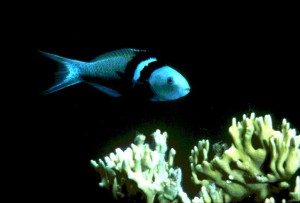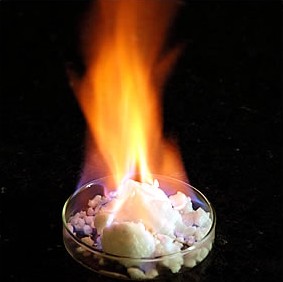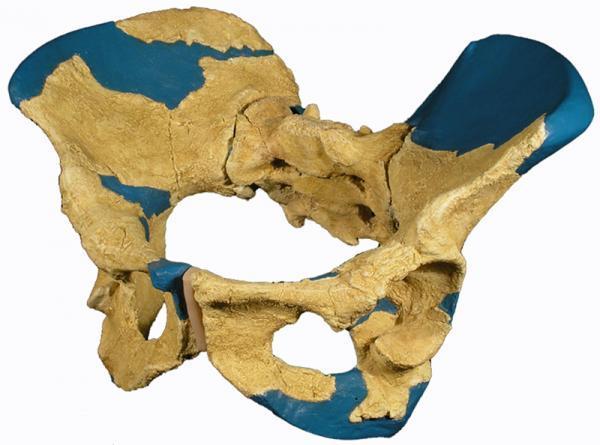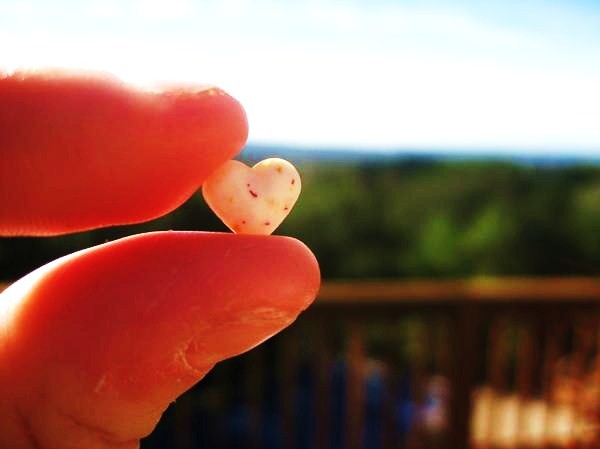Most scientists have a rational basis for experimentation but then there were (and are) others who ran with their own rules. These are the people I am referring to as 'Mad Scientists' rather than using the more colloquial 'crazy' meaning of the term.
These scientists used their knowledge to contribute to the field of science in one way or another and it's their findings and/or means of experimenting that has landed them on my list... enjoy! (again)
In continuation of Part One: Who Were (Or Are) The World's Maddest Scientists...
At a younger age I was completely enthralled with undersea life. Since high school biology, the difference between freshwater anatomy and marine physiology led me conduct some not so nice tests on goldfish. Hey, they were only 10 cents each, plus, I wanted to see if osmosis really worked differently with cells from saltwater fish. I couldn't just trust the teachers, after all. As I entered a marine biology course, I found marine life to be even more interesting, particularly due to their evolution.
What always interested me was an organism's ability to manipulate it's sex. Most reef fish have the ability to up and switch sex, but why do they? What is the notion behind this act, and does it propose an evolutionary benefit to the survival of it's species?
Imagine a future for ice cubes that burn, it may sounds impossible but gas hydrates are an alternate energy source said to put every other fossil fuel to shame.
Gas Hydrates are an ice-like solid composed from the bonding of water and natural gas molecules. The lattice-structure traps gas particles (mostly methane) within the ice. Hydrates form under the low temperatures and high pressures of the ocean floor, usually at depths greater than 500 meters and are primarily found to occur within sedimentary deposits along continental shelves and also beneath Arctic permafrost. The exact amount and whereabouts of the world's hydrate supply is unknown, but technological advances are pushing science closer to these answers.
The new discovery of a 2 million year old female pelvis is changing theories about how smart our ancestors really were. The analysis of the Homo erectus pelvis structure (found in Gona, Ethiopia) indicates an increased possibility of neonatal brain size as well as locomotive ability for homeostasis, two opposing aspects in birth that never previously known for that time.
Heartbreak is more than just an emotional defeat; to some the pain is very real. At one point or another, everyone must experience this mind numbing feeling (unless you confine yourself to a house and never interact with even a pet) but that's not the norm and you're probably not reading this article if you've had that kind of sheltered life.
When I write in that title, a 'new Ice Age beast', I'm talking about the Coelodonta Tologoijensis. of course! That's Woolly Rhinoceros for us non-palaeontologists. After 460,000 years of being in the great Mammoth's shadow, this giant rhino is finally receiving it's place in the spotlight.
 A Fragment Theory Of Deja Vu
A Fragment Theory Of Deja Vu Ocean's Acidity Rising Much Quicker Than Expected
Ocean's Acidity Rising Much Quicker Than Expected Giving You The "Slim-Down" On Your Thanksgiving Meal
Giving You The "Slim-Down" On Your Thanksgiving Meal Lack Of Exercise Causes Obesity, But What About A Lack Of Sleep?
Lack Of Exercise Causes Obesity, But What About A Lack Of Sleep?














